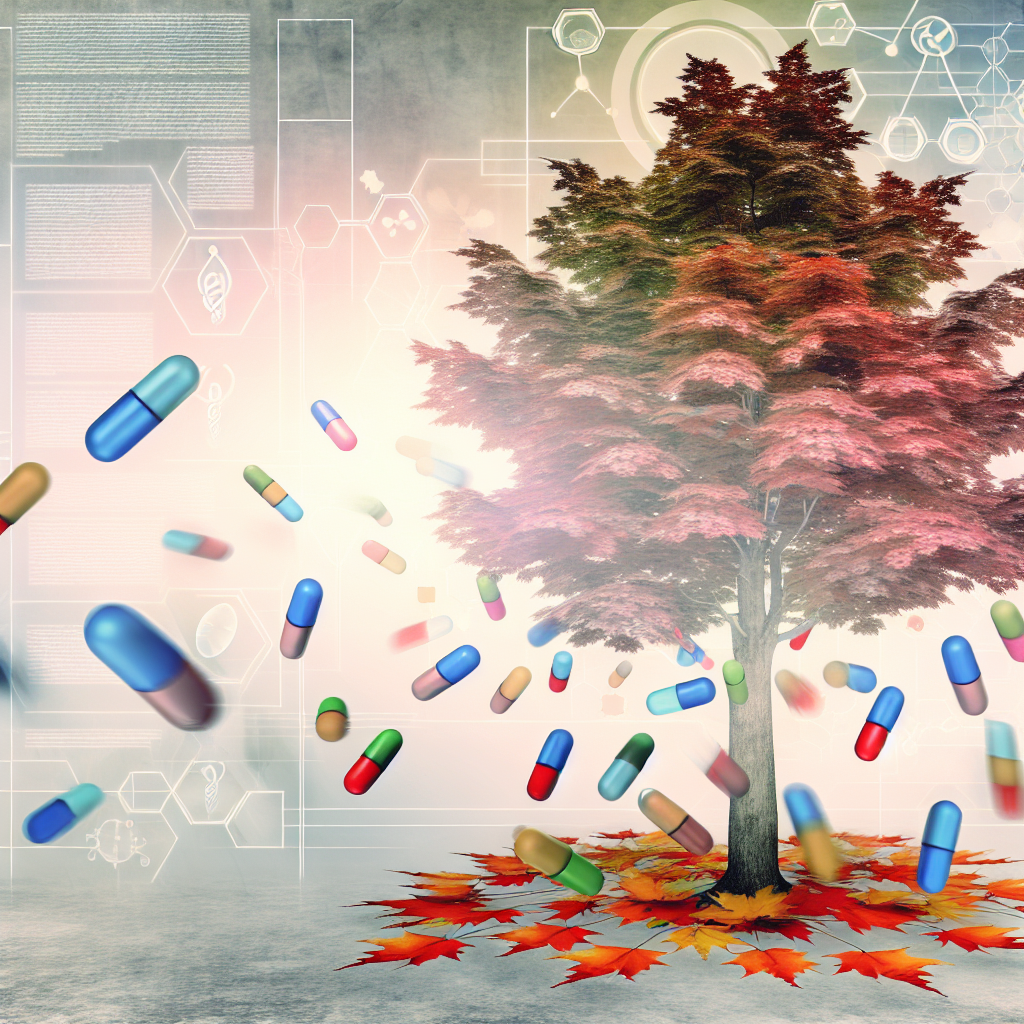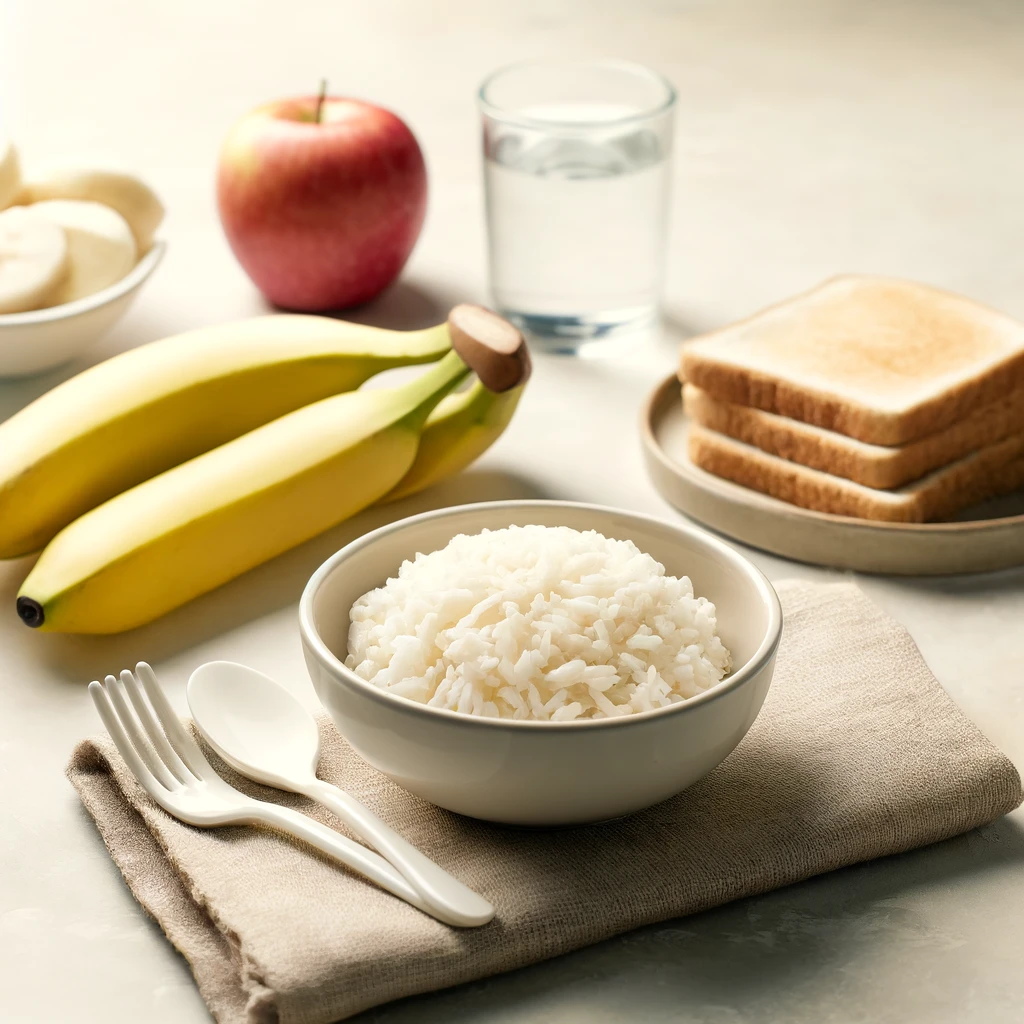In recent years, curcumin use has significantly surged in traditional Asian herbal therapies and in treating infections and inflammation. One of the most common spices in Asian cooking is turmeric, a vivid yellow color. As a chemical, curcumin is a component that may be discovered in turmeric. Developing turmeric’s multiple health benefits plays a crucial part in creating both. Here is a breakdown of the situation:
One of the forms of curcuminoid, a naturally occurring chemical molecule that may be found in turmeric, is the substance commonly referred to as curcumin.
Applications in Traditional Medicine: For hundreds of years, traditional Asian medicinal practices like Ayurveda (India), Traditional Chinese Medicine (TCM), and Kampo (Japan) have used turmeric, and therefore curcumin, as part of their approach to treating patients. Treatment for a wide variety of conditions, including the following, can be achieved with its use: problems with the digestive system;
repaired wounds and wounds; treatment of skin conditions that alleviate discomfort, particularly those that are caused by diseases that produce inflammation.
It is a potentially effective therapeutic option
Scientists are now researching curcumin to determine whether or not it has the potential to offer a wide range of health benefits, notably in the following areas:
Curcumin has been shown to target molecules in the body that are involved in the inflammatory response. This is one of the factors that contributes to the anti-inflammatory advantages that curcumin offers. Specifically, it inhibits the activity of specific enzymes and signaling molecules that are important in the progression of inflammation from one stage to the next. It is a potentially effective therapeutic option for osteoarthritis and rheumatoid arthritis characterized by inflammation and joint discomfort. As a result, it is a viable treatment alternative for these conditions.
Potential health advantages of curcumin are encouraging
In addition to its anti-inflammatory benefits, curcumin has also been shown to contain antioxidant properties. Free radicals are molecules that have the potential to cause damage, and the chemicals known as antioxidants are responsible for neutralizing these reactive molecules. These free radicals can damage cells and contribute to the development of chronic diseases such as cancer and heart disease.
It is vital to remember that additional research is required to grasp curcumin’s influence on the body thoroughly. This is the case even though the potential health advantages of curcumin are encouraging. As a further point of interest, because the body does not easily absorb curcumin, it may be necessary to take supplements or other kinds of supplementation to achieve therapeutic levels of the chemical. A qualified medical professional should always be consulted before commencing any new supplement program. This is something that should be done before beginning any new supplement program.
According to the findings of many studies, curcumin possesses antibacterial properties, which may allow it to battle some bacterial infections.
Even though there have been promising outcomes, it is essential to remember that curcumin research is ongoing. However, it does not offer a guaranteed effective cure for any condition. Before taking curcumin supplements, you should discuss your health concerns with your primary care physician if you have any anxieties about your well-being.

Dominic E. is a passionate filmmaker navigating the exciting intersection of art and science. By day, he delves into the complexities of the human body as a full-time medical writer, meticulously translating intricate medical concepts into accessible and engaging narratives. By night, he explores the boundless realm of cinematic storytelling, crafting narratives that evoke emotion and challenge perspectives.
Film Student and Full-time Medical Writer for ContentVendor.com



